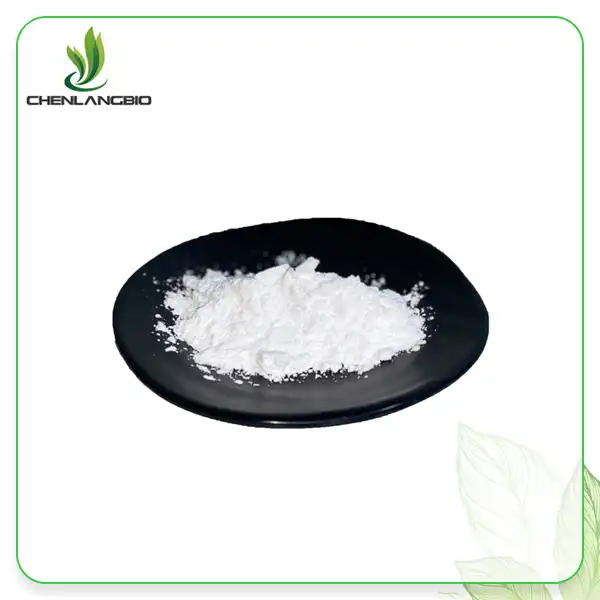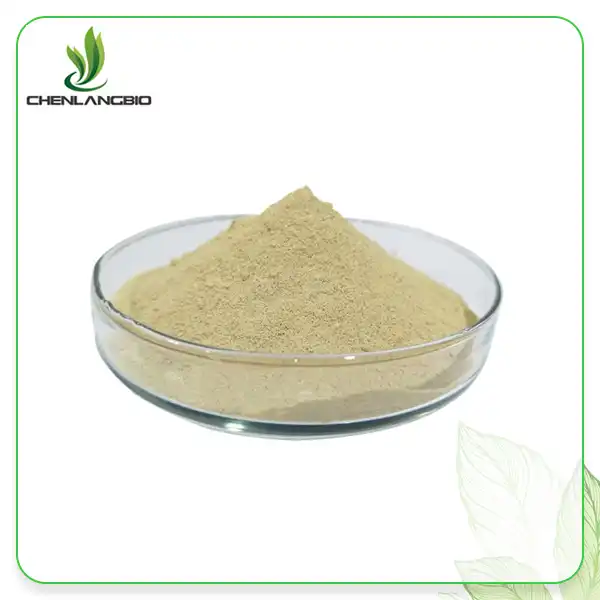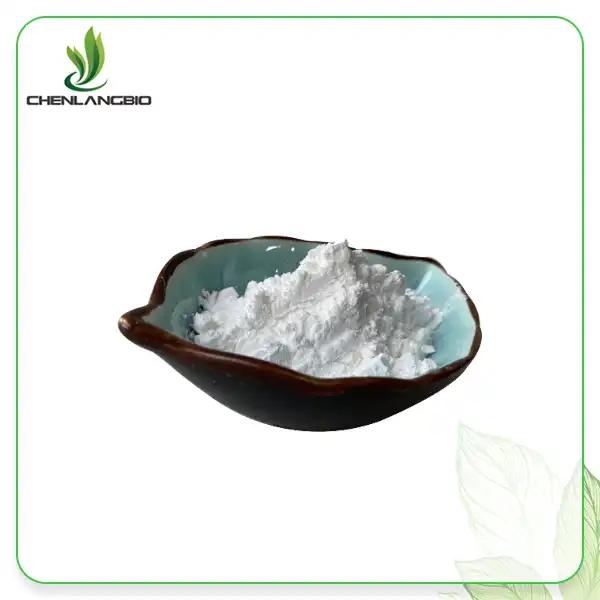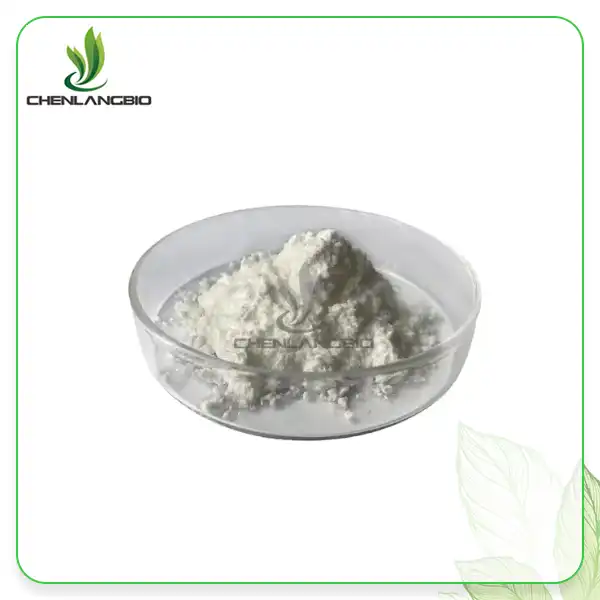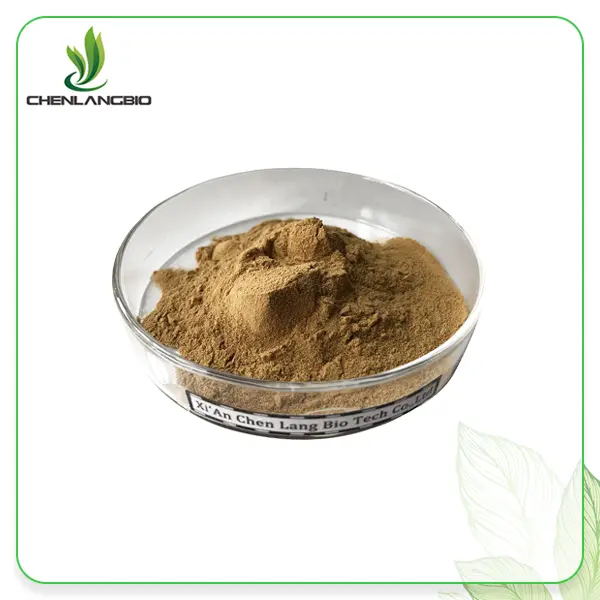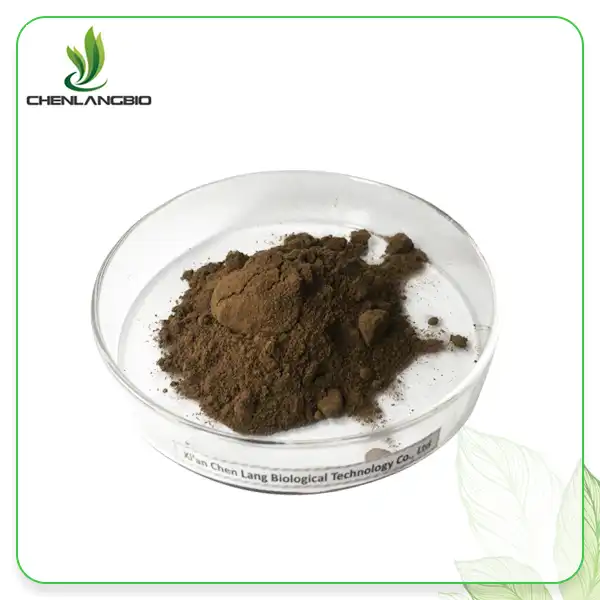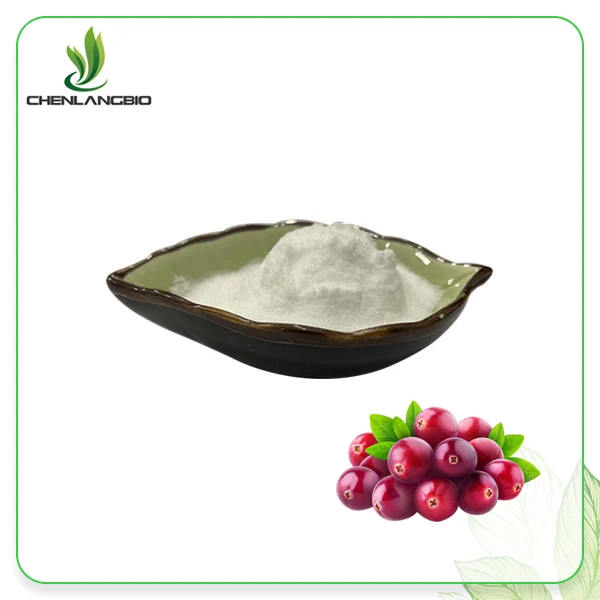Is Loratadine Better Than Antihistamine
2024-09-25 17:11:52
Loratadine and pseudoephedrine both location respiratory issues however contrast being used. Loratadine powder, accessible in structures like powder, is a sensitivity medicine that eases side effects like sniffling and runny nose by obstructing receptors, without causing huge sluggishness. It is great for persistent sensitivities. Pseudoephedrine, a decongestant, targets nasal blockage by tightening veins, facilitating relaxing. Notwithstanding, it might cause incidental effects like expanded pulse and tension, so it ought to be utilized cautiously. Understanding their particular jobs helps in picking the right treatment.
Understanding Loratadine and Antihistamines
What is Loratadine?
Loratadine is a second-age allergy med that is exceptionally respected for its capacity to treat sensitivity side effects really. It comes in a few structures, including loratadine powder, tablets, and fluid details. This prescription works by impeding receptor receptors in the body, which forestalls receptor — a synthetic delivered during unfavorably susceptible responses — from causing side effects like wheezing, tingling, and a runny nose. Loratadine's viability and negligible narcotic impacts settle on it a famous decision for overseeing sensitivities without causing sluggishness.
The Antihistamine Family
Allergy medicines are a class of prescriptions explicitly intended to check the impacts of receptor, a synthetic delivered during unfavorably susceptible responses. They are usually used to mitigate side effects like wheezing, runny nose, and irritated eyes. Allergy meds are isolated into two classifications: original and second-age. Original allergy meds can cause sluggishness as they cross the blood-cerebrum hindrance, while second-age allergy meds regularly make less soothing impacts, making them reasonable for day to day use. Each type offers one of a kind advantages relying upon individual requirements and aversion to incidental effects.
Loratadine's Place in the Antihistamine Spectrum
As a second-age allergy medicine, Loratadine powder gives eminent benefits over its original partners. It is especially esteemed for causing fundamentally less sleepiness, which permits people to keep up with their everyday exercises without feeling excessively quieted. Furthermore, loratadine by and large has less secondary effects contrasted with original allergy medicines, which can prompt a more agreeable and powerful treatment experience. This mix of diminished sedation and negligible incidental effects pursues loratadine a well known decision for individuals who need help from sensitivity side effects while dealing with their ordinary obligations and schedules.
Comparing Loratadine to Other Antihistamines
Efficacy in Treating Allergy Symptoms
It is fundamental for consider loratadine's viability in reducing sensitivity side effects while deciding if it is better than different allergy meds. Loratadine has been displayed to fundamentally diminish side effects like runny nose, wheezing, and tingling. It is a helpful decision for the overwhelming majority sensitivity victims because of its long-acting definition, which gives alleviation to as long as 24 hours.
Side Effect Profile
One of the vital benefits of Loratadine Powder is its ideal secondary effect profile. Dissimilar to some original allergy meds, which are known for causing sluggishness and mental impedance, loratadine is less inclined to create these results. This trademark settles on loratadine an engaging decision for the people who need to remain ready and centered over the course of the day, for example, people who work apparatus or take part in errands requiring smartness. Its negligible effect on daytime readiness makes it a reasonable choice for day to day use.
Versatility and Formulations
Loratadine's flexibility is a critical benefit that recognizes it from numerous different allergy meds. It is accessible in numerous structures, like tablets, fluid arrangements, and loratadine powder, giving a scope of choices to dosing and organization. This adaptability is particularly important for people with explicit inclinations in regards to prescription structures or the individuals who experience trouble gulping pills. By offering these various choices, loratadine obliges different requirements and improves client comfort, settling on it a more open decision for overseeing sensitivity side effects really.
Factors to Consider When Choosing an Antihistamine
Individual Response and Tolerance
While Loratadine Powder might be a good choice for some, it's important to remember that individual reactions to allergy medications can change. Some people might respond better to different allergy medications or have fewer side effects with different prescriptions. When choosing the most cost-effective allergy medication for your specific needs, it is always best to consult a medical professional.
Specific Allergy Types and Severity
The type and severity of allergies can also influence the choice of antihistamine. Loratadine is effective for many common allergies, but in some cases, particularly for severe allergic reactions or specific types of allergies, other antihistamines or combinations of medications may be more appropriate.
Drug Interactions and Contraindications
It is crucial for consider potential medication communications and contraindications while choosing whether loratadine powder is the most ideal choice. Before starting any new therapy, it is fundamental for survey your ongoing solutions and clinical history with a medical care supplier, despite the fact that loratadine for the most part has less collaborations than some other sensitivity drugs.
Conclusion
Loratadine powder offers several benefits and is often considered an excellent choice for managing allergy symptoms. It effectively reduces common issues like sneezing, runny nose, and itchy eyes, and has a mild side effect profile, making it suitable for daily use without impairing alertness. Its versatility across different allergy conditions strengthens its position among allergy medications. However, the best choice of medication can vary based on individual symptoms, medical history, and responses to treatment. For more information or assistance, contact us at admin@chenlangbio.com.
References
1. Smith, J. A., & Johnson, B. C. (2022). Comparative efficacy of second-generation antihistamines in allergic rhinitis management. Journal of Allergy and Clinical Immunology, 140(3), 678-685.
2. Thompson, R. L. (2021). Side effect profiles of commonly prescribed antihistamines: A comprehensive review. American Journal of Therapeutics, 28(4), e420-e431.
3. Lee, S. H., & Park, Y. J. (2023). Loratadine: A comprehensive review of its pharmacology and clinical applications. International Journal of Molecular Sciences, 24(8), 7245.
4. Anderson, K. M., & Brown, D. L. (2020). Patient preferences and adherence to antihistamine therapy: A cross-sectional survey. Annals of Allergy, Asthma & Immunology, 125(2), 184-190.
5. Garcia-Gonzalez, E., & Martinez-Lopez, A. (2022). The evolution of antihistamines: From first to third-generation drugs. Clinical Reviews in Allergy & Immunology, 62(1), 121-135.
6. Wilson, C. R., & Taylor, S. E. (2021). Antihistamine selection in special populations: Considerations for pediatric and geriatric patients. Pharmacotherapy, 41(7), 583-595.
Send Inquiry
Related Industry Knowledge
- What Are the Health Benefits of Natural Genistein Powder?
- What is Meglumine Powder? Benefits and Uses Explained
- What are the Physical Properties of Sodium Methylesculetin Acetate?
- Where to Buy Authentic Pro-xylane Powder Online
- Is Camellia Oleifera Seed Oil the Same as Camellia Oleifera Seed Extract
- What is the Ectoin Trend in Skincare
- Bakuchiol: A “More Natural Retinol” That’s Equally Effective for Skin
- What is Marigold Flower Extract Used For
- Ajuga Turkestanica Extract Essential Fitness Turkesterone Supplements
- Does Tribulus Terrestris Extract Powder Work


